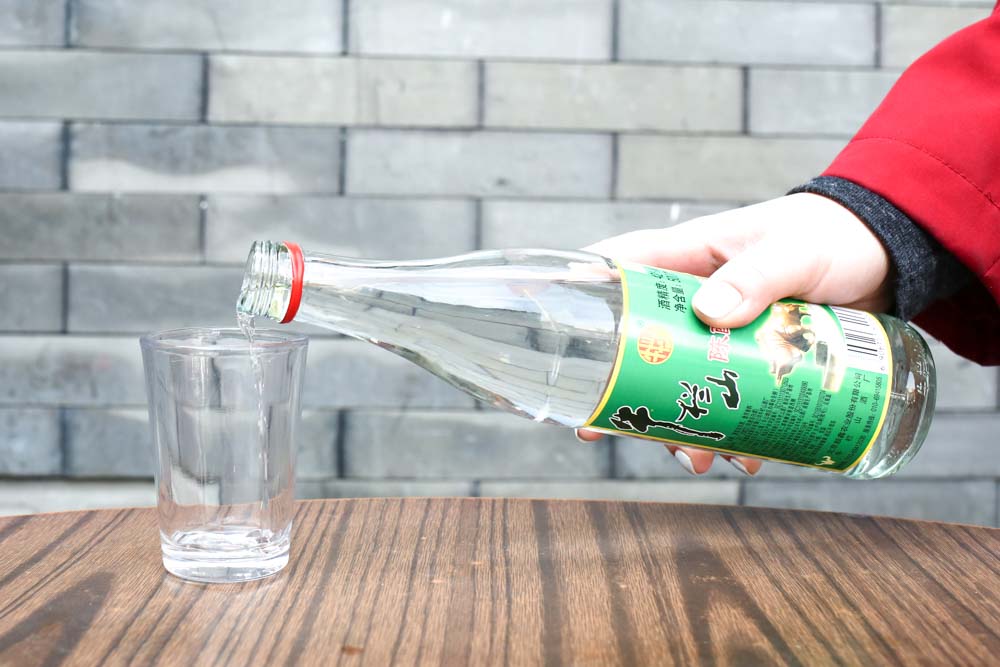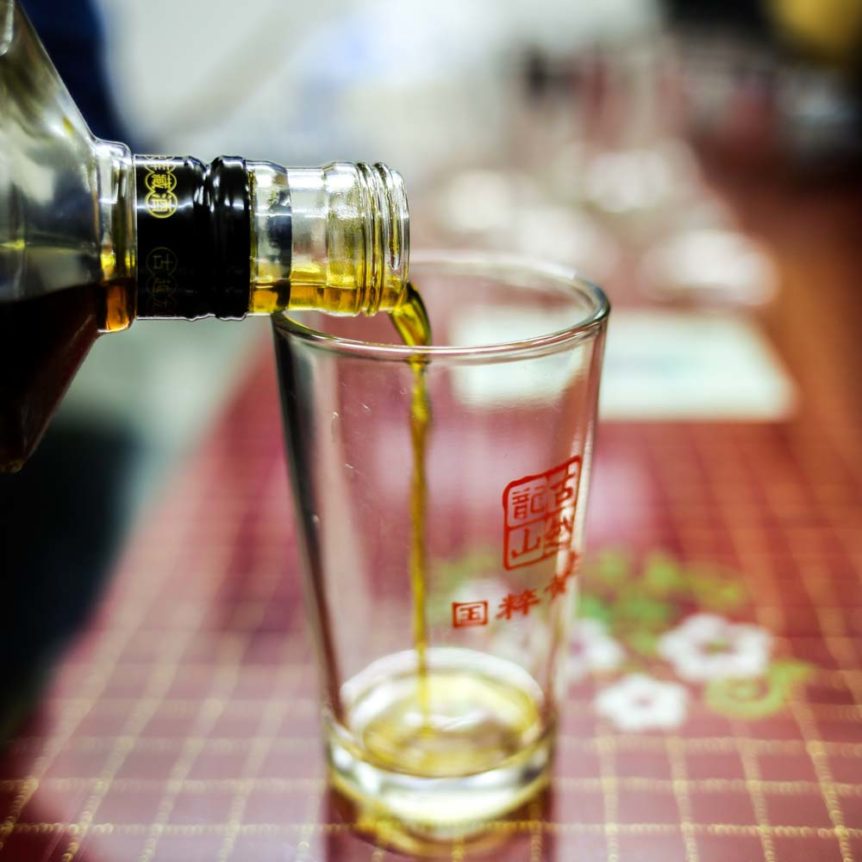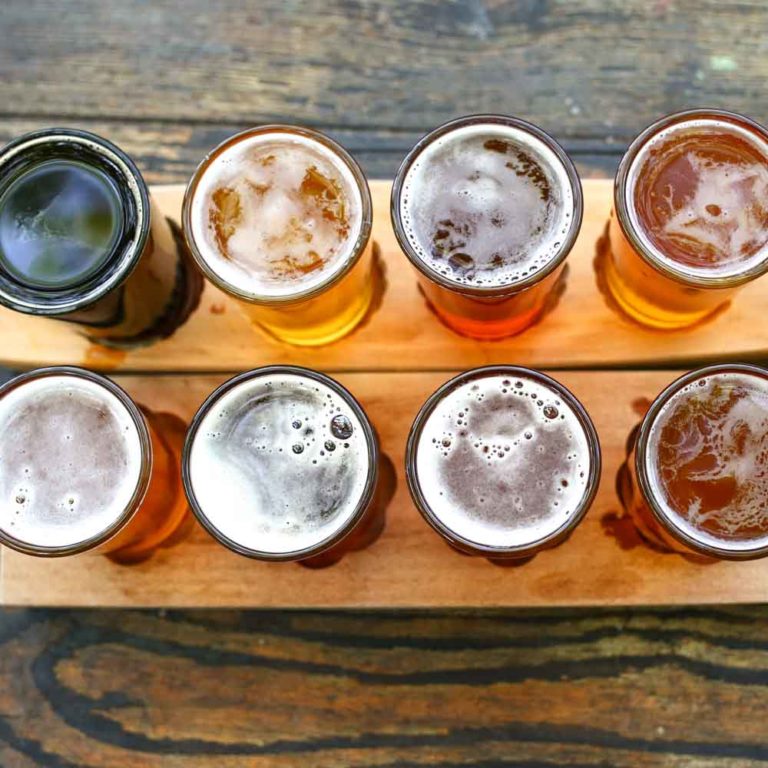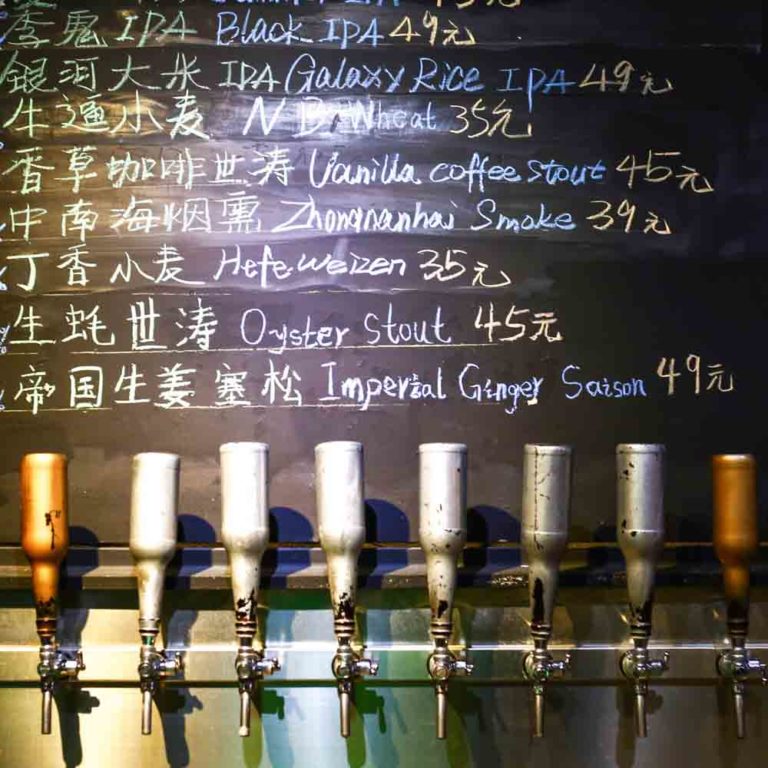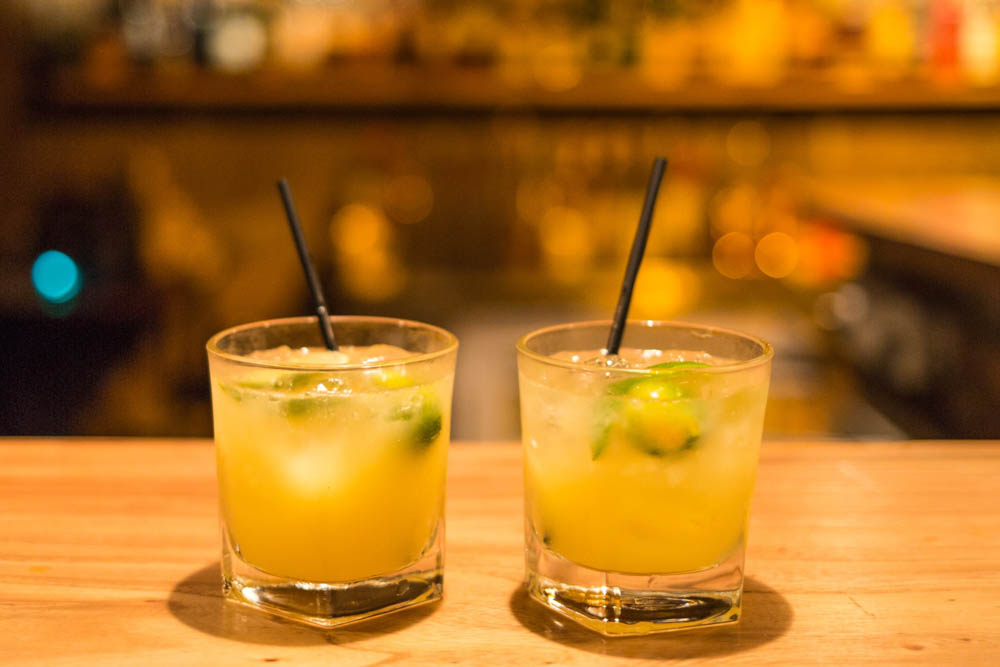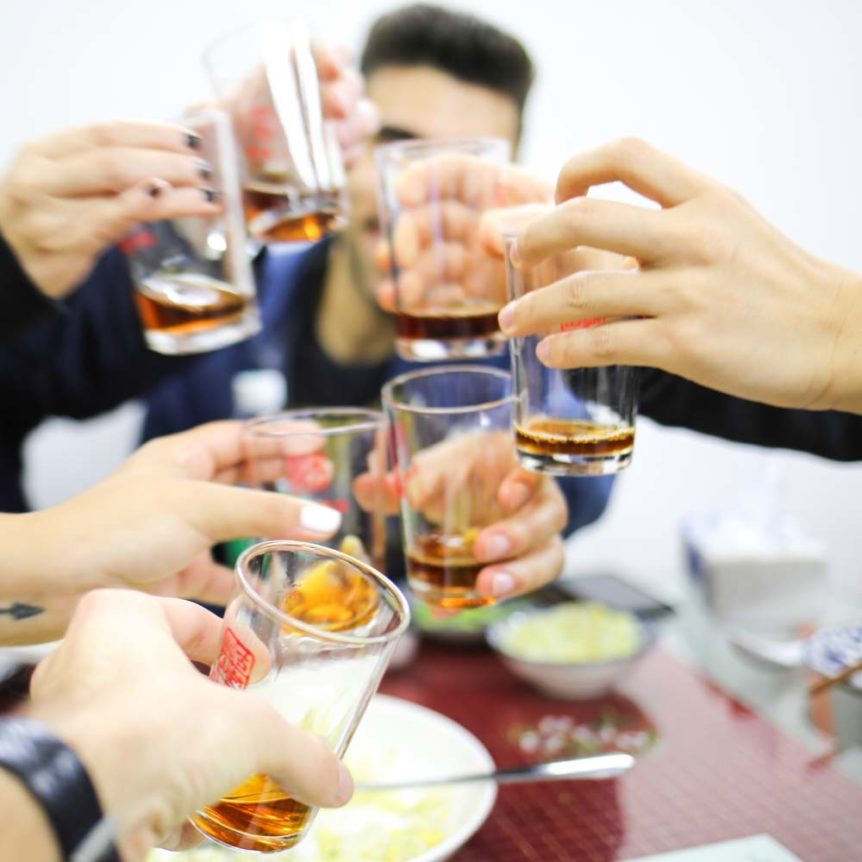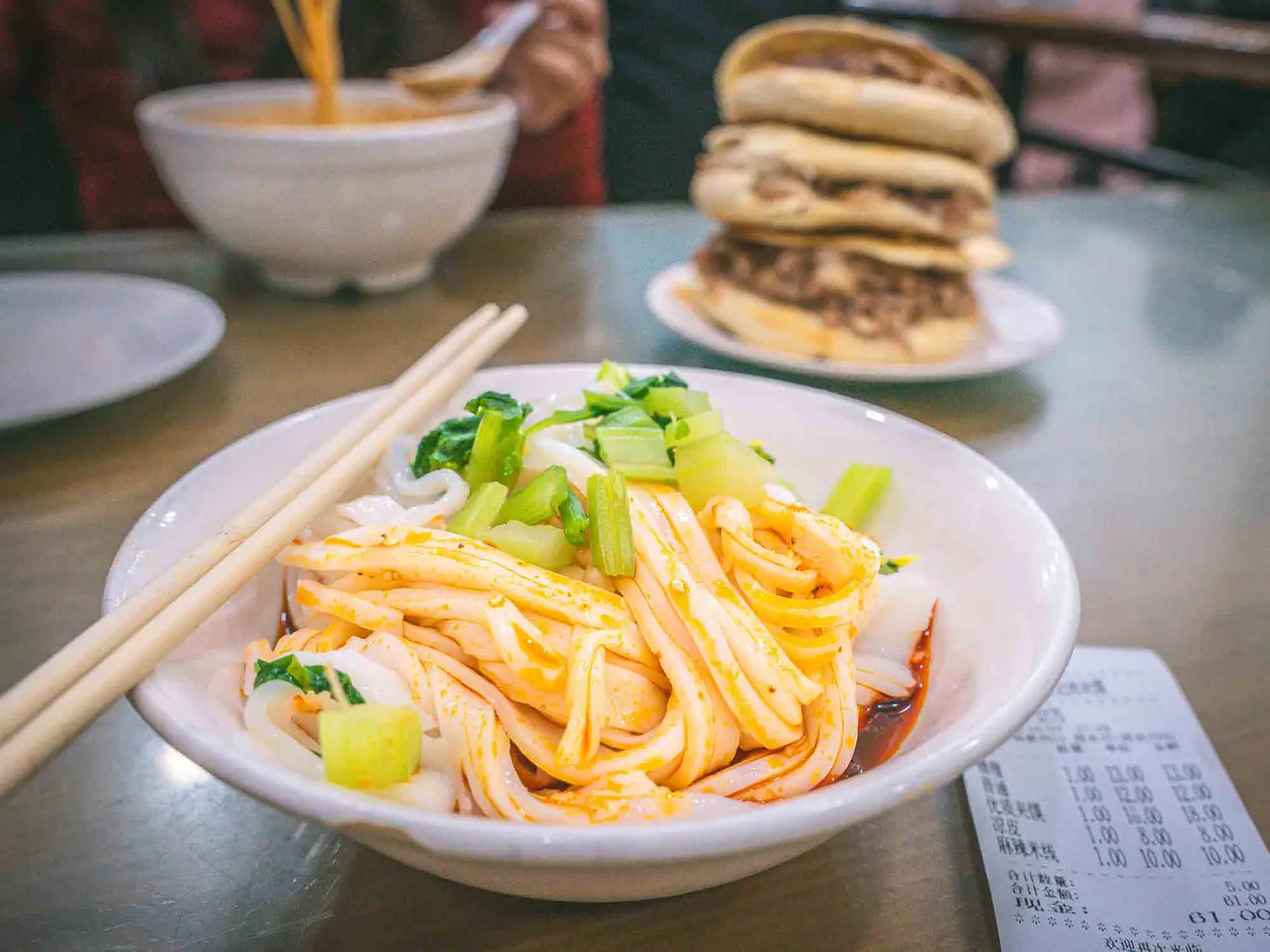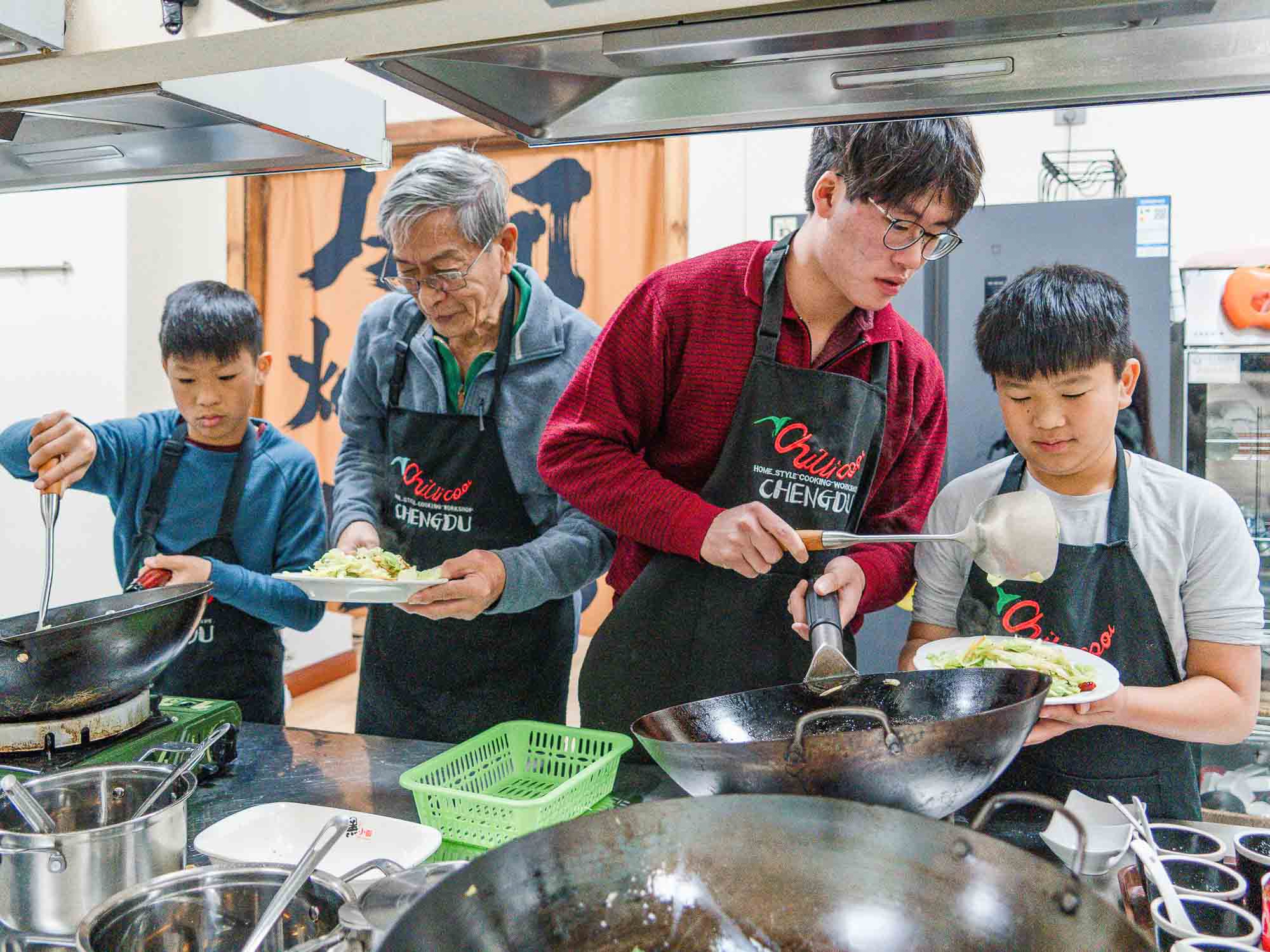
Family-Friendly Adventures in China and SE Asia: Where to Go and Why Families Love It
Planning a trip with the whole family – whether that means toddlers, teens, or even grandparents – can be a logistical puzzle. These curated multi-day trips focus on hands-on activities packed with local flavor (literally) and experiences that are perfect for everyone.

